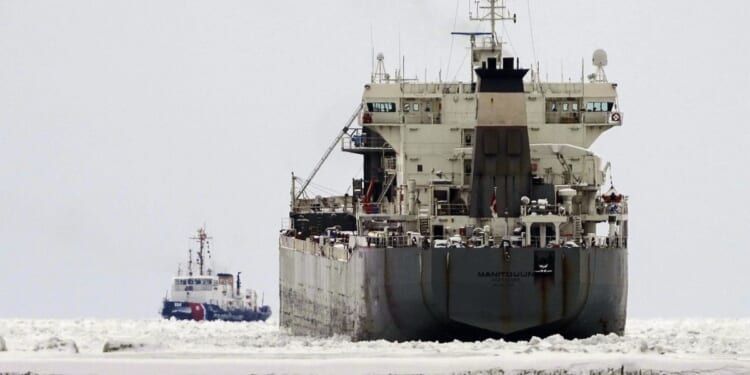
The $17 billion Offshore Patrol Cutter program, one of the U.S. Coast Guard’s highest shipbuilding priorities, is at risk of delays and ballooning costs over a strategy to begin construction before the final design is complete, according to a recently released report from the Government Accountability Office.
The cutters are intended to replace the service’s fleet of aging vessels that focus on critical law enforcement and search and rescue operations. The Coast Guard plans to acquire 25 OPCs, the congressional watchdog agency said.
“Two shipbuilders have started building the ships before completing [the] design. Building ships with incomplete designs is risky,” the GAO said in its report released this week.
The GAO stated that the first shipbuilder, Florida-based Eastern Shipbuilding Group, encountered repeated construction issues and delayed deliveries, resulting in the Coast Guard canceling half the ships under contract. The second shipbuilder, Alabama-based Austal USA, faces similar risks if it goes forward with more ships before the design is complete, the GAO said.
The GAO said neither shipbuilder has yet to deliver any of the cutters to the military branch, adding, “The Coast Guard has employed a high-risk approach of acquiring OPCs that involves significant overlap in technology development, design and construction activities.”
Natural disasters also plagued the effort. Hurricane Michael — a Category 5 storm — made landfall in the Panama City, Florida, area in October 2018, just as Eastern Shipbuilding Group was about to begin construction on the first OPC.
“The hurricane caused widespread damage to the shipbuilder’s facilities, significant disruption to its workforce, and depletion of its financial working capital,” the GAO said. “Determining that it was no longer able to perform to the terms of the contract, ESG requested both schedule relief and cost relief from the Coast Guard.”
The GAO auditors issued several recommendations to the Coast Guard and the Department of Homeland Security in the report, including stabilizing the design before authorizing the construction of additional vessels and reporting cost goals for each stage of the project. The agencies disagreed, saying their current operating procedures are sufficient.
The report also urges the Coast Guard and DHS to develop a comprehensive plan for the next stage of procurement, utilizing test results and incorporating best practices from the shipbuilding industry. They concurred with those points, according to the report.
“GAO maintains that all four recommendations are warranted,” the auditors said.











